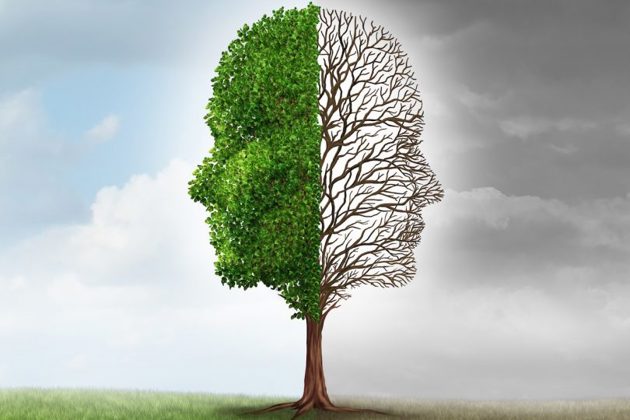By Natalie-Mai Holmes,

Many of the popularly imagined stereotypes about people with bipolar disorder involve energy, creativity, instability, and euphoria.
Extremes of mood are often recognised as mania and depression. Mania is when the initial humour on friends’ faces reflect your feelings of being highly creative, powerful and euphoric. Depression, to their looks of concern, and even fear, as you seem to lose control, become fearful and drop into the deepest, blackest cave. The moods are intense, long-lasting, disconnected from apparent causes, and enduring. They can last for months, or even years.
The exact cause of the condition is unknown. Contributing factors or possible triggers include genetics, brain chemicals and stress. Treatment of bipolar disorder depends on severity and may include medication, social support, psychotherapy and lifestyle management.
A psychologist can assist through teaching strategies to challenge negative thinking patterns, which may prevent depressive episodes. Being more self-aware may prevent symptoms from escalating, and by being more mindful, one can more easily spot and figure out what, if anything, to do about the strengthening mood. Often medication and therapy go hand in hand to provide a healthy sense of control and balance.
Developing and maintaining strategies also includes learning to look after yourself; finding an inner sense of balance and developing rewarding relationships with others. Being aware of what makes you feel positive and balancing opportunities to satisfy your differing needs, helps to build resilience in the face of the challenges that bipolar disorder presents.
Tags